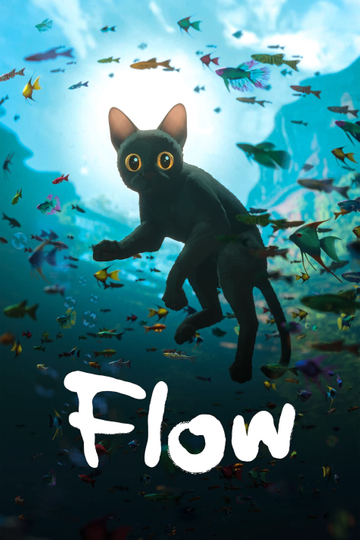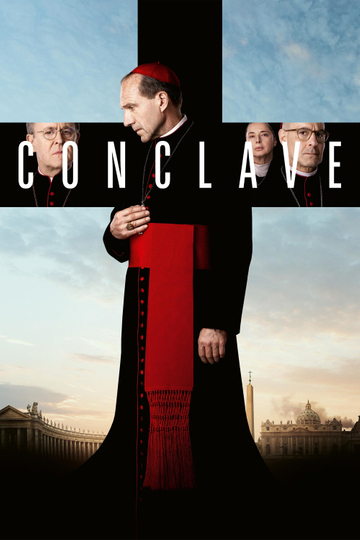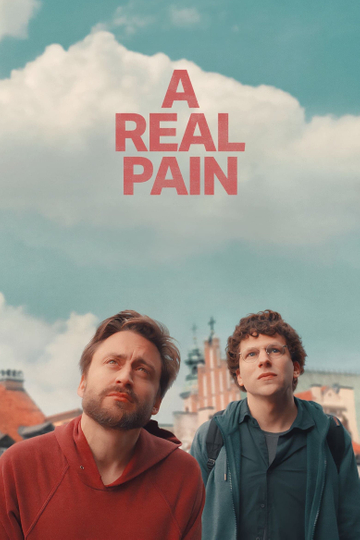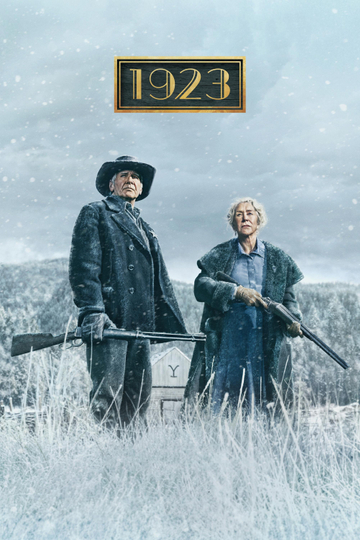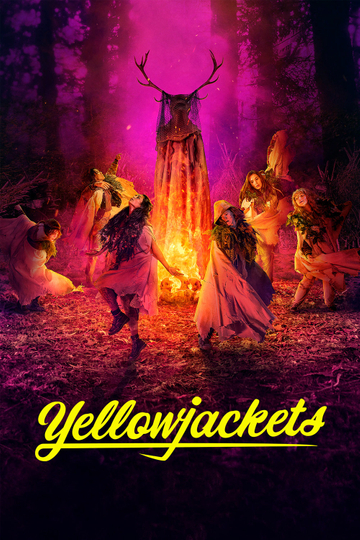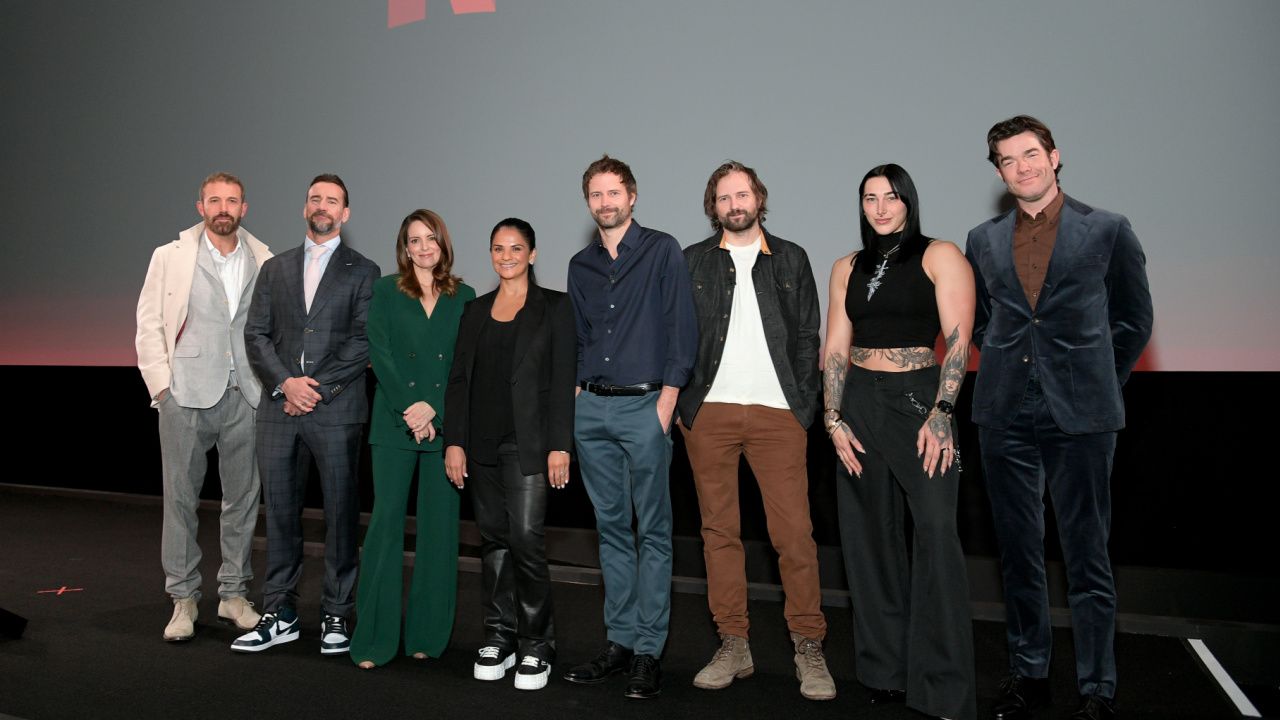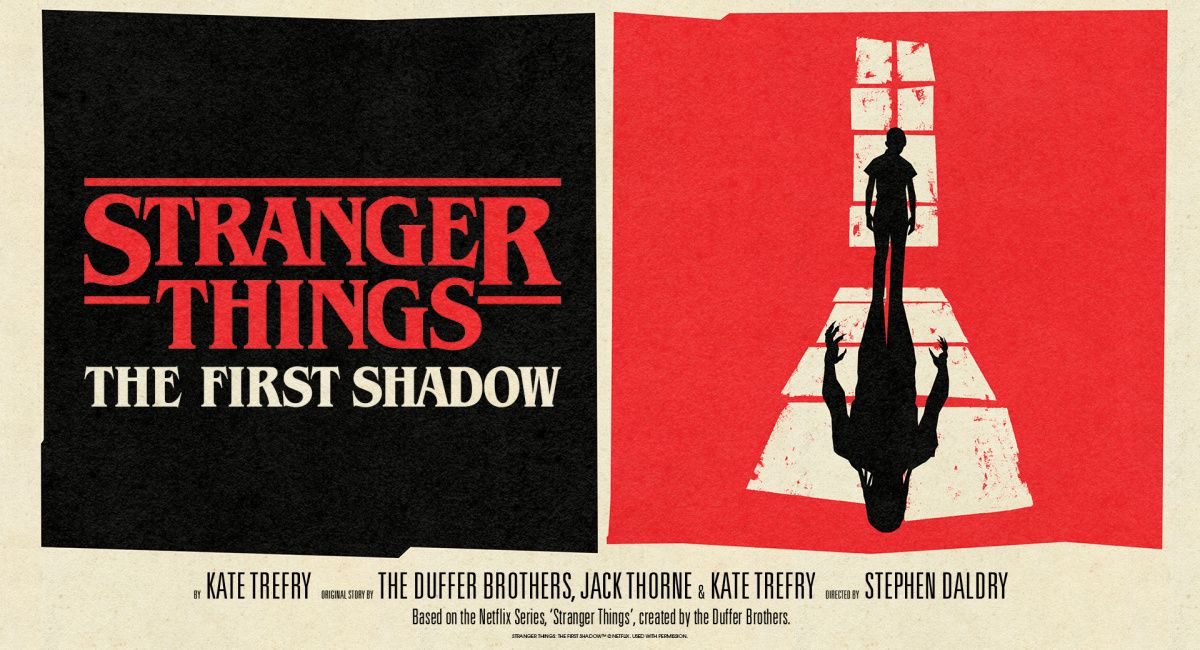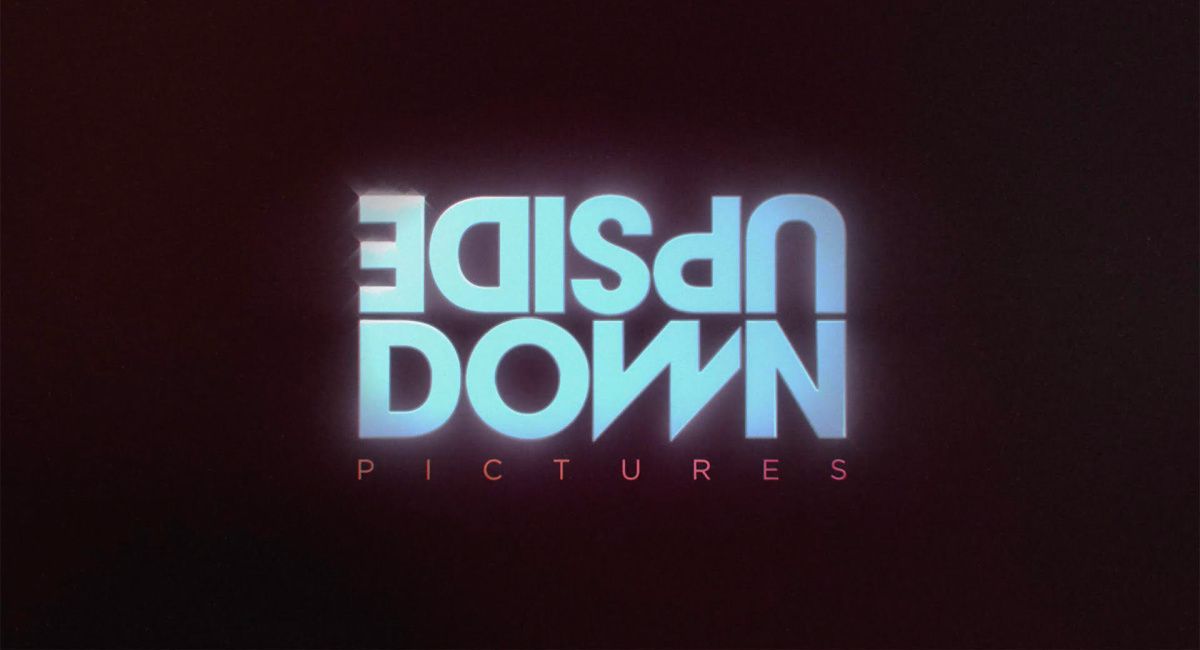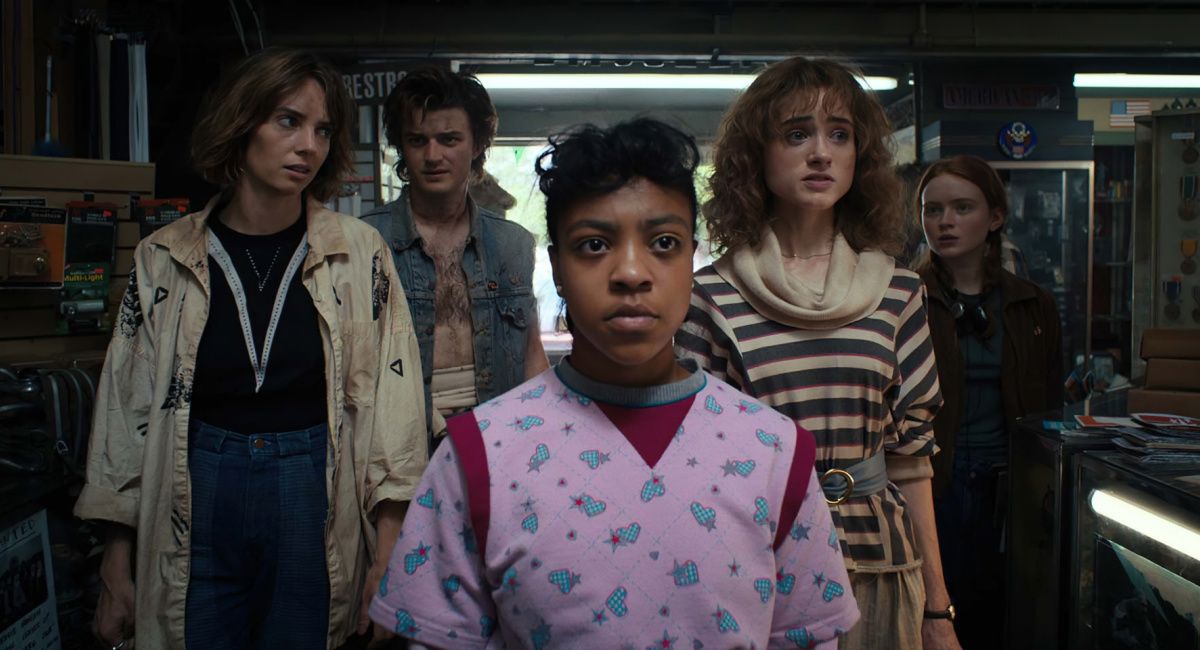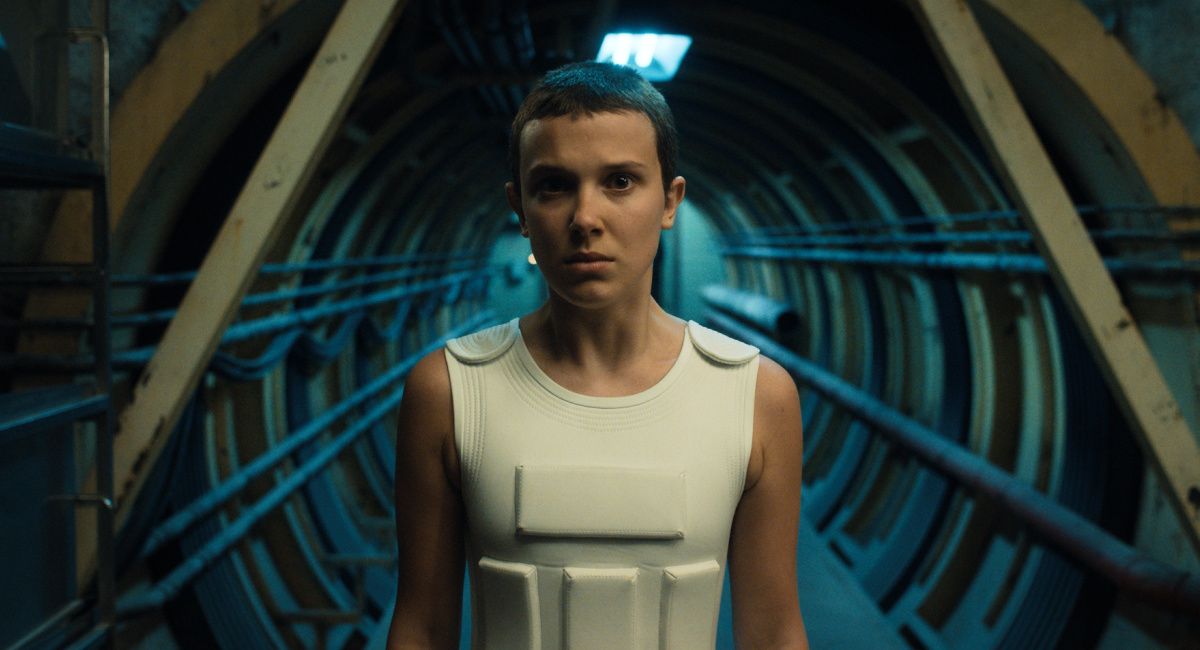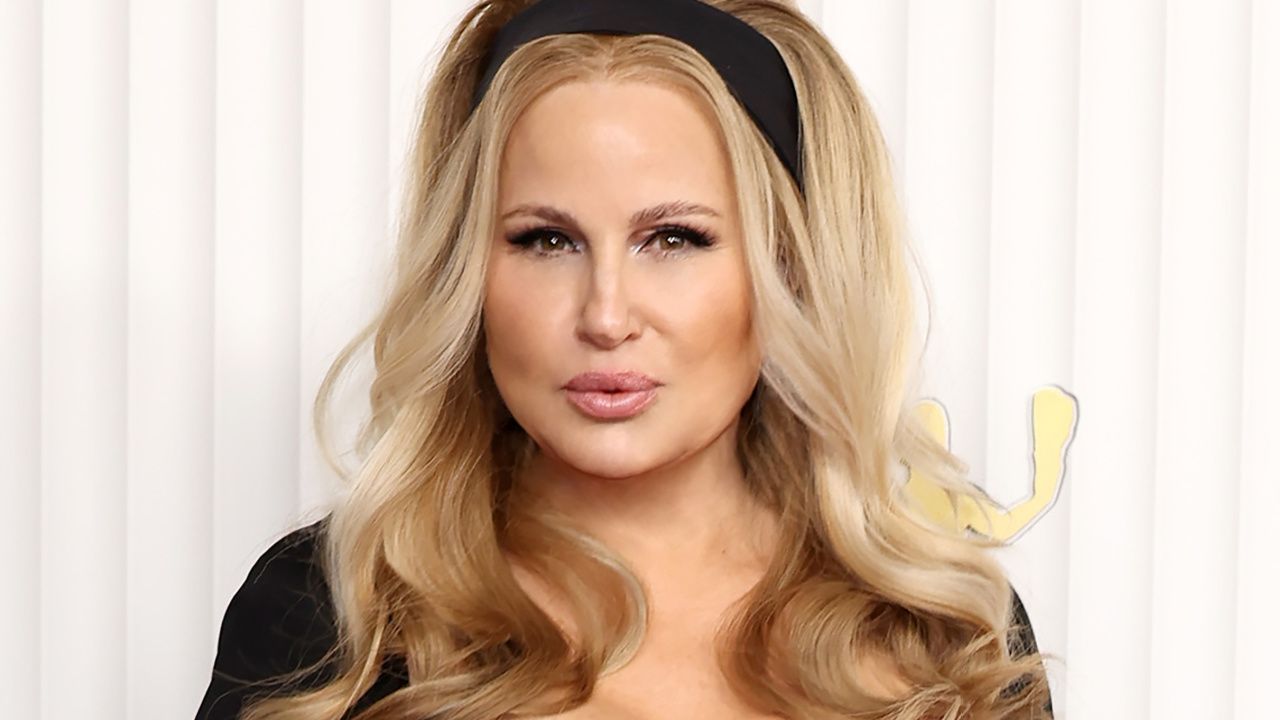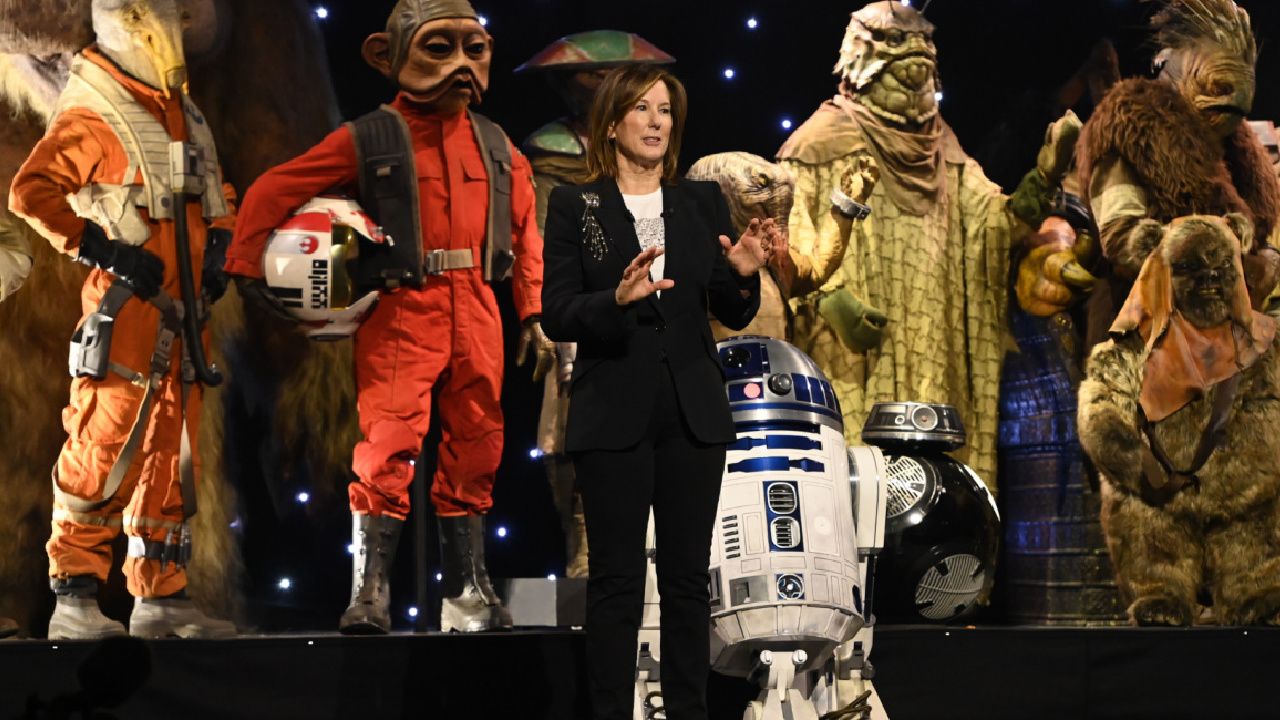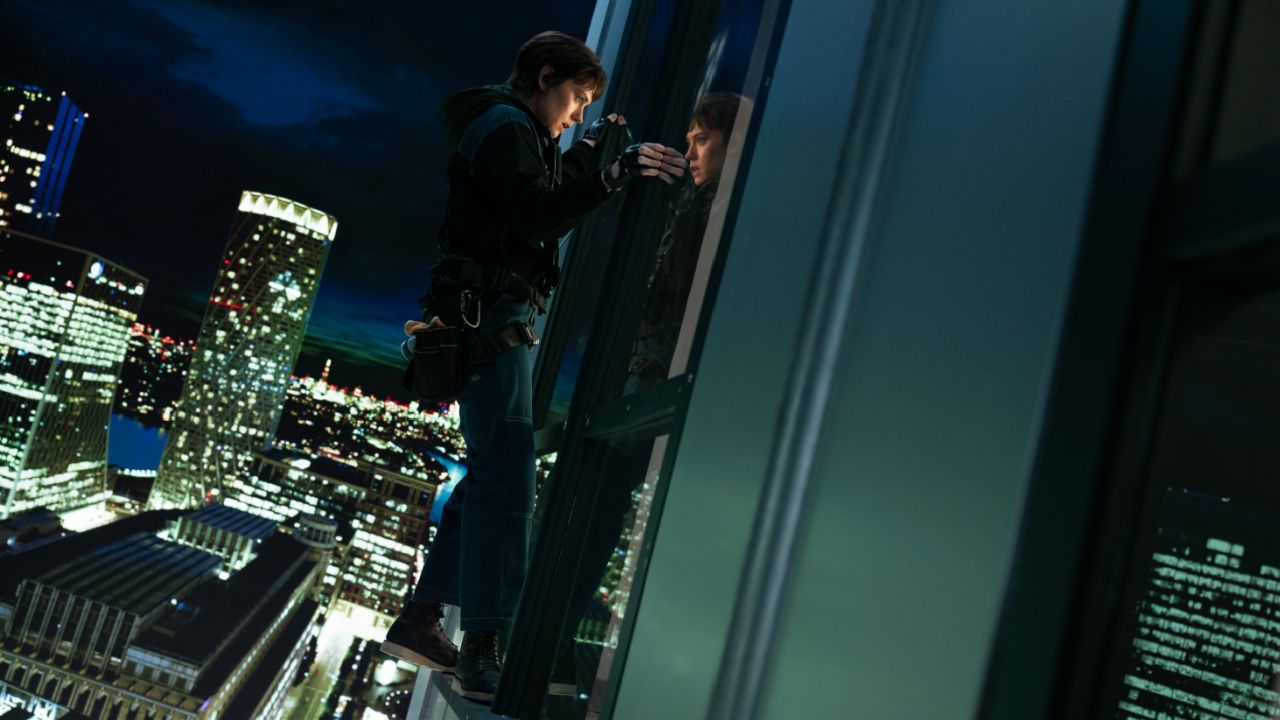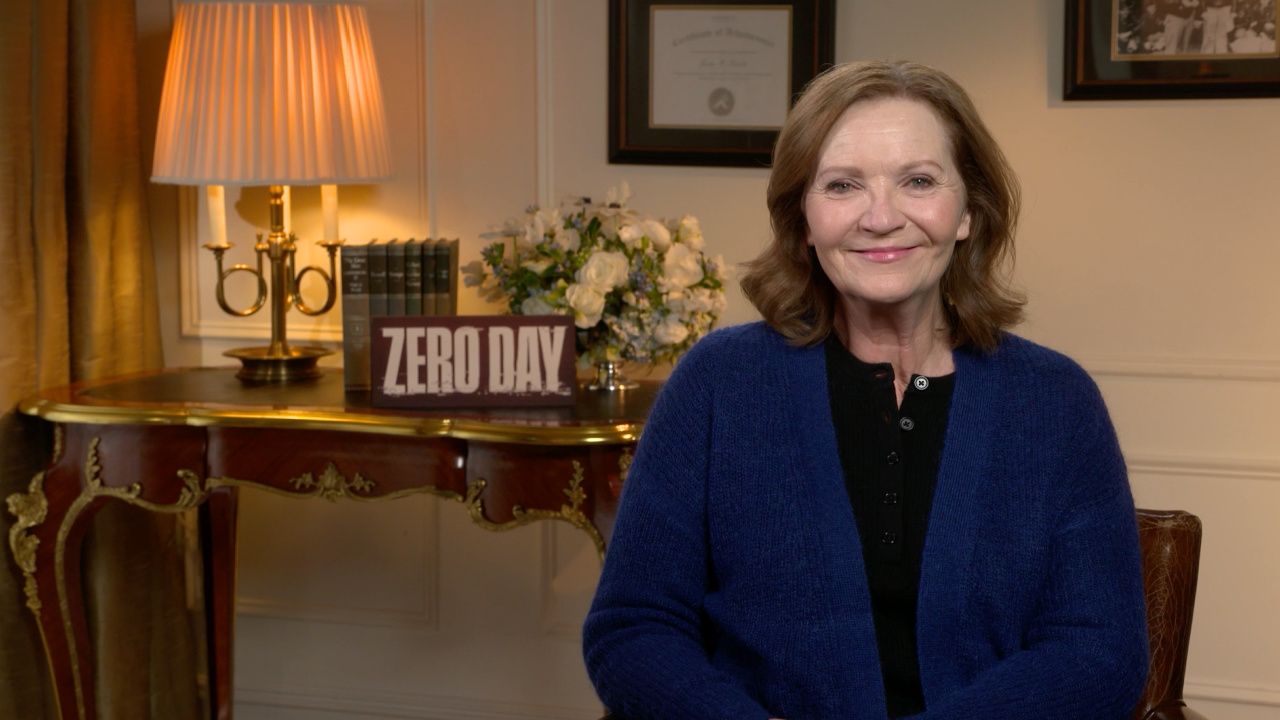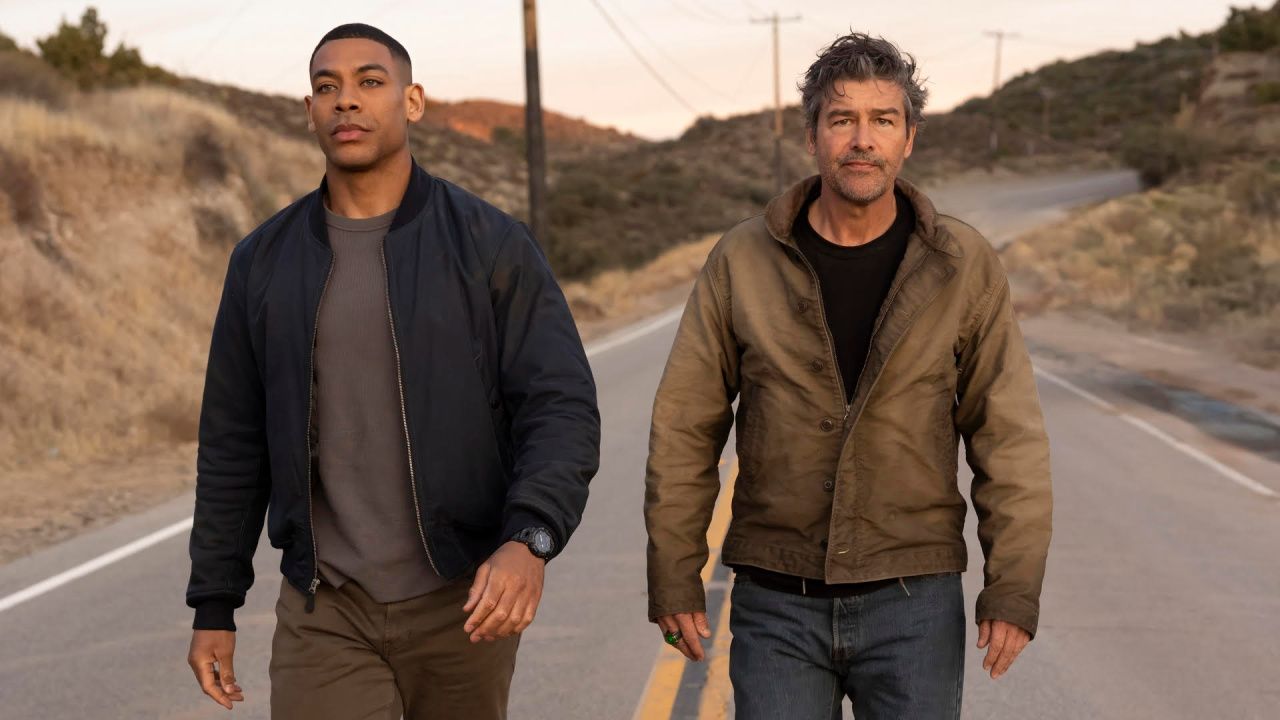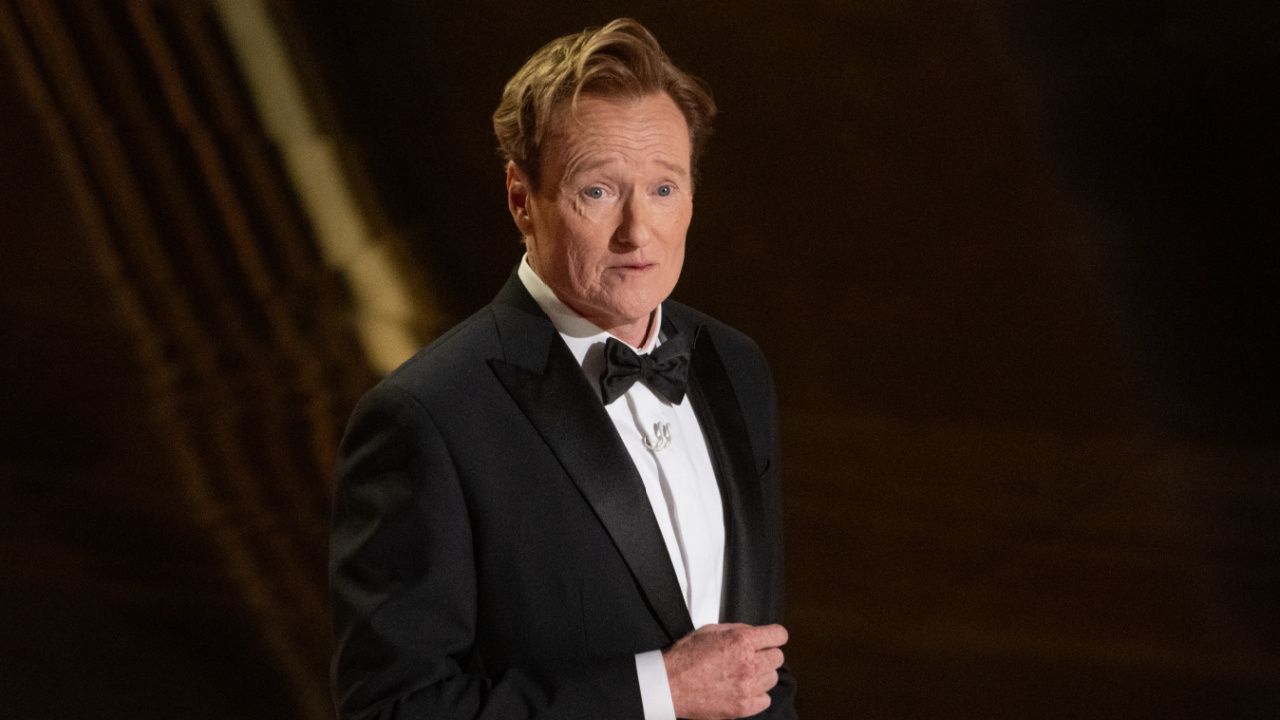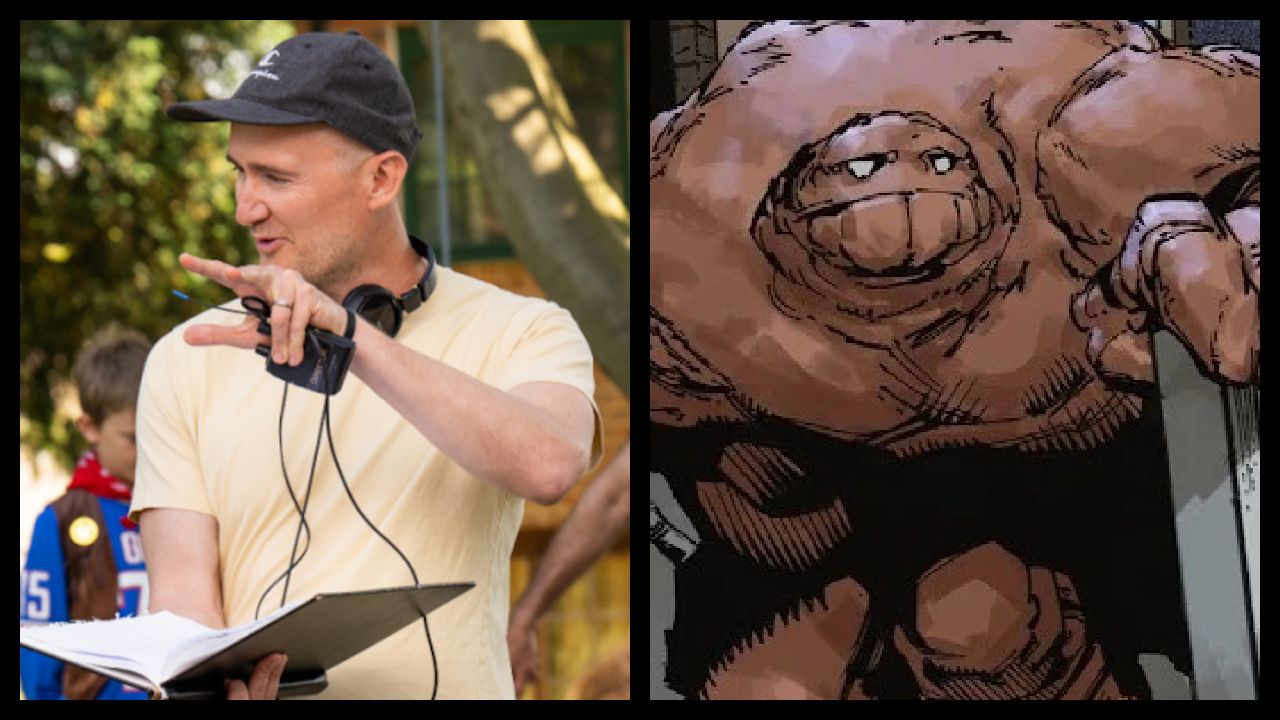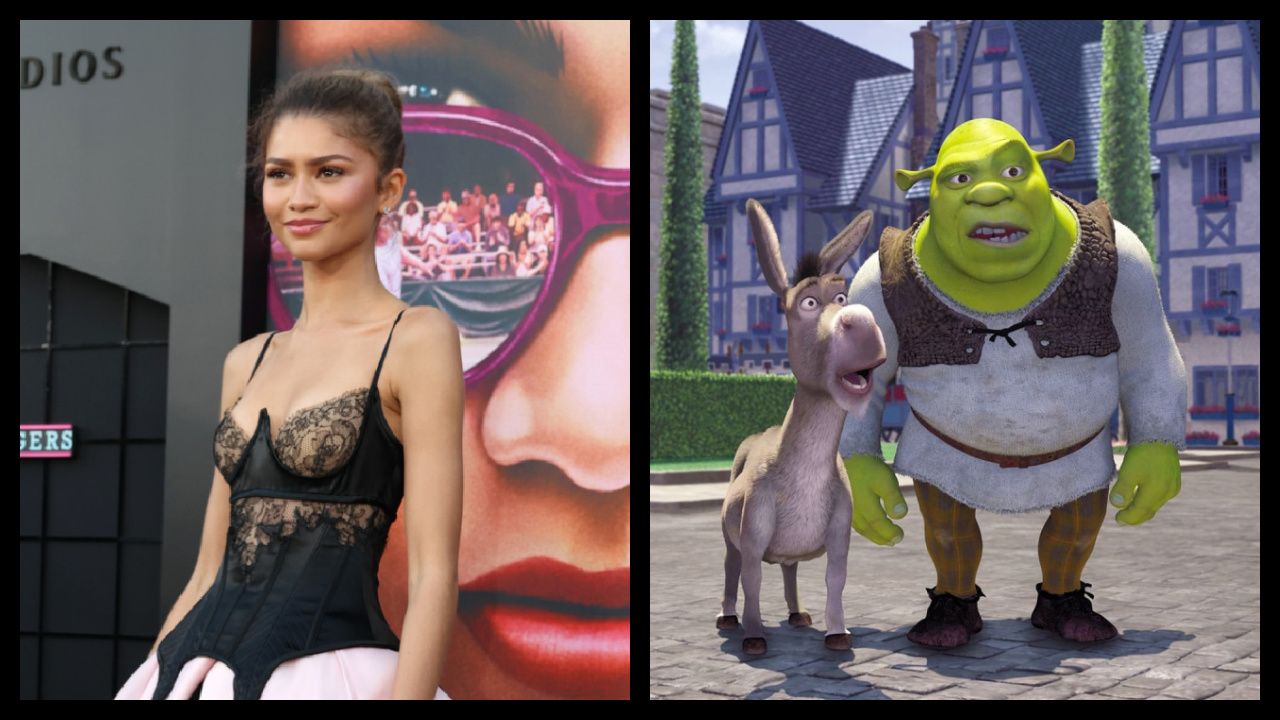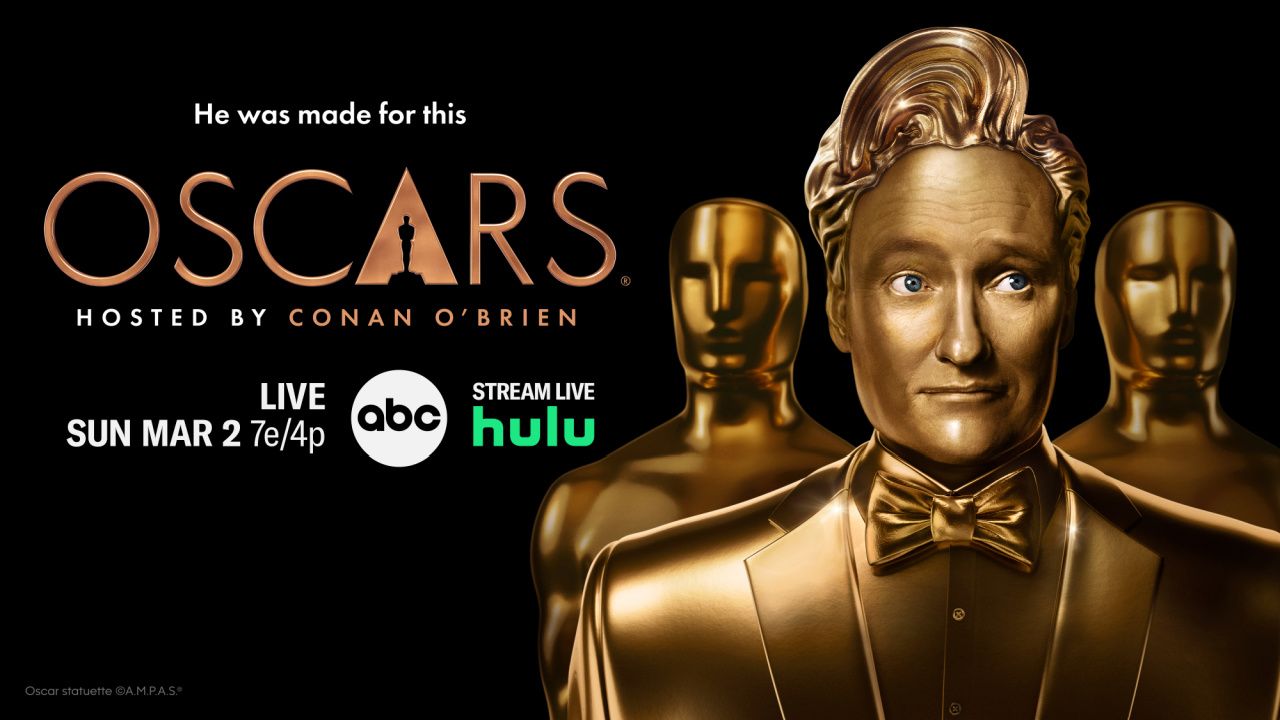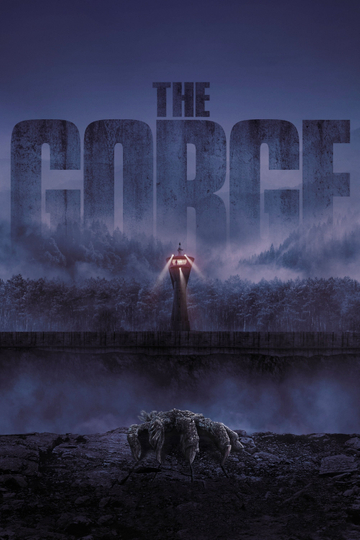Netflix's 'Stranger Things' Has Steven Spielberg & Stephen King in Its DNA
It was the 1980s, and a specific style of filmmaking ruled -- a style that remains fondly recalled today.
Far from a niche category, these movies were among the most popular of their time, many of them for all time: Steven Spielberg-directed and his Amblin Entertainment-produced movies like "Close Encounters of the Third Kind," "E.T. the Extra-Terrestrial," "Poltergeist," and "The Goonies," offering thrills, chills, and a frequent use of young protagonists. On the edgier, scarier side, there were Stephen King-derived films like "Stand By Me," "Cujo" and "Christine," finding the terror within the everyday.
These ordinary-abutting-the-extraordinary tales never earned a fancy genre title like film noir, but these dark adventures built on magical realism and pseudo-science formed a unique class of their own, with far-reaching influence on a generation or two of filmmakers -- and now, one very inspired Stranger Things."
Other projects have tried to recapture the essence of that film catalogue, mostly on the cinematic side and with varying degrees of success (J.J. Abrams's "Super 8," Brad Bird's "Tomorrowland"), but the new eight-episode Netflix series "Stranger Things" delivers the most authentic homage yet, with its own compelling original merits to boot."Stranger Things" follows the disappearance of Will (Noah Schnapp), a young boy in small-town Indiana, and the efforts of his unraveling mother (Winona Ryder) and loner brother (Charlie Heaton), the dissipated local police chief (David Harbour) and his group of plucky young friends (Finn Wolfhard, Caleb McLaughlin and Gaten Matrarazzo) to uncover what happened to him. Along the way, they encounter an enigmatic, seemingly paranormal and malevolent unseen force, the head of a mysterious scientific cabal (Matthew Modine) and Eleven (Millie Bobby Brown), a runaway girl with an array of puzzling -- and potentially dangerous -- abilities.
The series is the shared brainchild of the writer/director duo know as the Duffer Brothers: twins Wayward Pines"), and have distilled a decidedly Spielbergian and Kingesque vibe into one of the most addictive new shows of the year, after being admittedly weaned on VHS taped versions of the '80s-era films during their childhood in the '90s.
"As kids, what connected all these movies and connected the books that we grew up loving is that we could really relate to these characters as ourselves, or we'd see our parents in these characters," said Ross Duffer. "It's all about very ordinary people that we understood and that we felt like we saw every day. So I think what would happen is we would see these ordinary characters encounter these extraordinary things." The notion that the brothers could in their normal, everyday lives be sucked into the television, discover a treasure map or befriend an alien "brought this excitement to our lives and this idea of anything is possible."
"We just watched them on repeat," added Matt Duffer. "I remember the first time we watched 'The Goonies,' we rewound it and watched it again. Then it just sort of absorbs into your DNA, so it's just a part of us. And I watch them now and I still love them. I don't know how much of it's nostalgia, but I think a lot of it is the fact that these were incredibly well-crafted films, and really well-written books."
To put their own spin on the storytelling style, the Duffer brothers were pleased to have the space an episodic TV format provided. "We like to have darker supernatural elements in our stories, and usually if you're doing a movie and you only have an hour and a half to two hours, so much of it has to be about 'jump scares,'" explained Matt. "They become haunted house rides, which are really, really fun, but it's not why we fell in love with the genre."
"[The TV format] actually allowed us to tell a story more like a Stephen King book, in that, yes, it has monsters and all this scary supernatural stuff, but more of it, a higher percentage of it is actually about real characters, and you fall in love with them," Matt continued. "You come to care about them. Then when something supernatural happens, it's that much more powerful because you really care about the people at the core of the story. So that was kind of the ambition behind it. It was actually great to have this huge canvas. It's changing what you can do in terms of cinematic storytelling."Like most of her generation, Ryder grew up on similar cinematic fare, even as her own Hollywood career was gathering steam at the same time during her teen years -- though she missed the chance to headline this kind of story at the time. "I had never done this genre, really," Ryder admitted. "I'd done, 'Beetlejuice' -- I guess you could call it a supernatural thing, but this was different. So it was a role ... I'd never done anything like this role before -- and it was nice to be able to play my age for a change, because I went through a whole period where I was too young or too old, or they didn't know, so it was kind of liberating in that sense."
While a big fan of genre filmmaking (she successfully lobbied for roles in blockbuster franchises like "Star Trek" and "Alien"), Ryder also found a link to the more grounded sorts of films she gravitated toward, made largely in the 1970s. "I grew up on movies like 'Alice Doesn't Live Here Anymore' and the Marsha Mason movies about single mothers that are not perfect and very human and flawed, and just trying to make ends meet. Then obviously this parent's worst nightmare thing happens."
The Duffers and her cast mates, she says, were very supportive as she plumbed the raw emotions of a parent desperate to find her child. "They were very sensitive to all the emotion that I had to [experience]," she said. "I was sort of a wreck for a few months every day.""I was five to 15, so it's like I went through everything -- I was a very small child and I became an adult," says Harbour of his life when the Spielberg and Amblin films ruled the box office. "There's just this feel to those movies of an earnestness. Maybe it was because I was so young -- I don't know. This has that same feel, where you just feel your heart kind of open when you watch this stuff. Maybe it's because it's about kids, too. It just feels like it's not cynical and it's not jaded in that sort of way. It really is earnest and it's really sincere, and that to me feels very unique nowadays."
Harbour's police chief character Hopper also connects directly to many of the adult figures featured in the '80s-era fare. "He had a daughter that he lost to cancer when she was five," he said. "I think the only apology he feels he can make to her is to kill himself slowly. That's kind of where we meet him. So as this missing kid comes in the picture and he has to go search for him, there's a lot of resistance to that, just inherently. Then he suddenly starts to slowly find more meaning in this mission."
"If you look at 'Jaws,' Roy Scheider is terrified of the water, and he's got to go out and kill the shark," Harbour continued. "So, in this way, Hopper's a bit terrified of like being inadequate around children, being the 'inadequate' parent who allowed his child to die, so he has to go out and find a missing kid. I think that emotional journey is so scary because it taps into his core feelings of failure."Modine pointed out that, while the overall vibe rings true, the Duffer brothers have also taken the form to a new place. "What happens in life, you grow up and you see things, you're inspired by things," said Modine. "Then you get to a point where you're an artist and a filmmaker and you say, 'What I want to do is try to revisit some of those things that I experienced when I was a young person.' But they're going to be different because your life is different than those filmmakers who made them."
"Your life is different than Steven Spielberg's," added Modine. "Your perspective on life is different. So while you're inspired by those things, your perspective's going to be a wee bit different. They say that all art is theft, but not all theft is art."
One attempt to evoke the '80s films proved trickier than anticipated when the Duffer brothers attempted to frequently forego that advantages of modern visual effects technology and do things old school.
"We really wanted to do as much as we could practically," said Matt Duffer. "We wanted to do as much in camera like the way that they did it -- and it's incredibly, incredibly difficult! So I have so much more admiration even than I did. Now, when I watch something like John Carpenter's 'The Thing,' how they pulled off what they were able to pull off blows my mind! I still don't know, because we weren't able to do everything that they were able to do."
"Stranger Things" premieres July 15th on Netflix.


